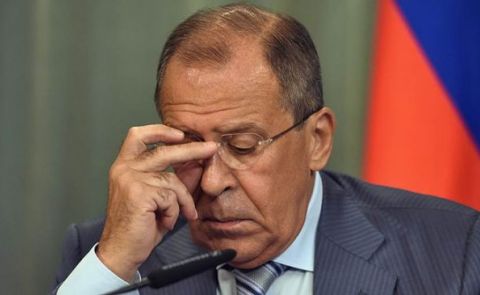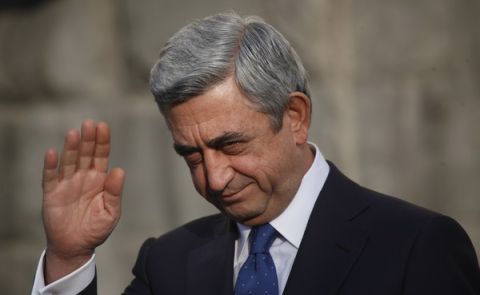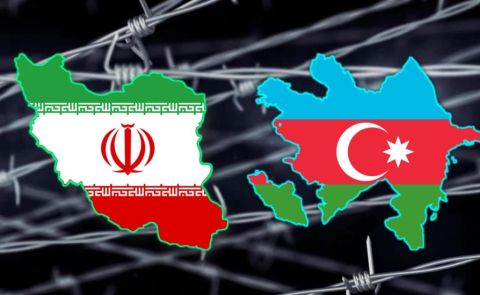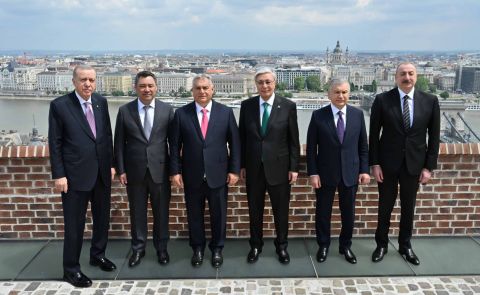
Armenian prime minister's spokesperson: "Armenia ready for contacts with Turkey"

There has been no contact between Armenian and Turkish officials so far, but the Armenian government is ready for high-level meetings, the Armenian prime minister's spokesperson Mane Gevorgyan told Armenpress on 20 September.
Gevorgyan made the remarks while commenting on Turkish President Recep Tayyip Erdogan's recent statement that Armenian Prime Minister Nikol Pashinyan had offered to meet him for talks on improving Turkish-Armenian relations through Georgian Prime Minister Irakli Gharibashvili.
At the same time, Gevorgyan criticised Erdogan's remarks on the "Zangezur corridor," saying that such statements ran counter to efforts "to establish peace and stability and to overcome the atmosphere of enmity in the region."
By Zangezur corridor, Azerbaijan and Turkey mean a transport link that will connect mainland Azerbaijan with its exclave of Nakhchivan and further with Turkey via Armenian territory. The opening of the road is part of the November 2020 Karabakh armistice deal that ended the 44-day war between Armenia and Azerbaijan.
"Prime Minister Pashinyan has repeatedly spoken about this. Armenia attaches importance to the accurate implementation of the agreements set out in the 9 November and 11 January [2021, Russian-Azerbaijani-Armenian statement on the unblocking of regional transport communications] statements. The opening of communications is extremely important for the establishment of lasting peace and stability in the region, overcoming the atmosphere of hostility in the region, and Armenia is determined to move in that direction and achieve results. In some statements, the topic of reopening communications is transformed and takes on the logic of maintaining regional isolation. The talk about corridors is just like that and contradicts the logic of establishing peace and stability in the region, [and] overcoming the atmosphere of hostility. It aims not only to keep the states and peoples of the region isolated but also to make that isolation look irreversible. But there are also options for opening regional communications in a way that emphasises regional interconnectedness and can be a real way to overcome the hostility step by step. The Armenian government advocates that second option which is described in paragraph 9 of the 9 November trilateral declaration and in the 11 January trilateral statement," Gevorgyan said.
Gevorgyan told that "incidents happen almost every day that aim to delegitimise the peace agenda and deepen the atmosphere of hostility."
"But the Armenian government will consistently advance that agenda, using all existing opportunities and creating new ones to open an era of peace for our region. Prime Minister Pashinyan has repeatedly stated that we need strong nerves on this path and there are no quick and easy solutions," Gevorgyan said.
Yerevan and Ankara have been exchanging messages on the normalisation of relations over the past month.
On 27 August, Prime Minister Pashinyan spoke about "some positive signals" sent by the Turkish government to Yerevan and said his administration was ready to reciprocate them.
Erdogan responded by saying that Ankara was open to normalising Turkish-Armenian relations. But he cited in that context Azerbaijan's demands for formal Armenian recognition of Azerbaijani sovereignty over Nagorno-Karabakh.
Pashinyan described Erdogan's statements as encouraging and reiterated his readiness to embark on a dialogue with Ankara hours before flying to Tbilisi on 8 September.
Speaking at a news conference on 19 September, the Turkish president said that Yerevan should take "certain steps" if it wanted to start negotiations with Ankara.
"When diplomacy begins, of course, something has to be exchanged here. I hope that here, not negative, but positive approaches dominate. In this way, I hope this problem between Azerbaijan and Armenia will be overcome by opening these corridors," Erdogan said.
See Also


Serzh Sargsyan Rejects Charges, Backs Impeachment, and Warns of Secret Deals

Azerbaijan Confirms Execution of Terrorist Behind Embassy Attack in Iran

Turkic Leaders Adopt Budapest Declaration, Emphasizing Peace, Trade, and Digital Connectivity

International Officials Criticize Georgian Dream Amid Democratic Concerns

